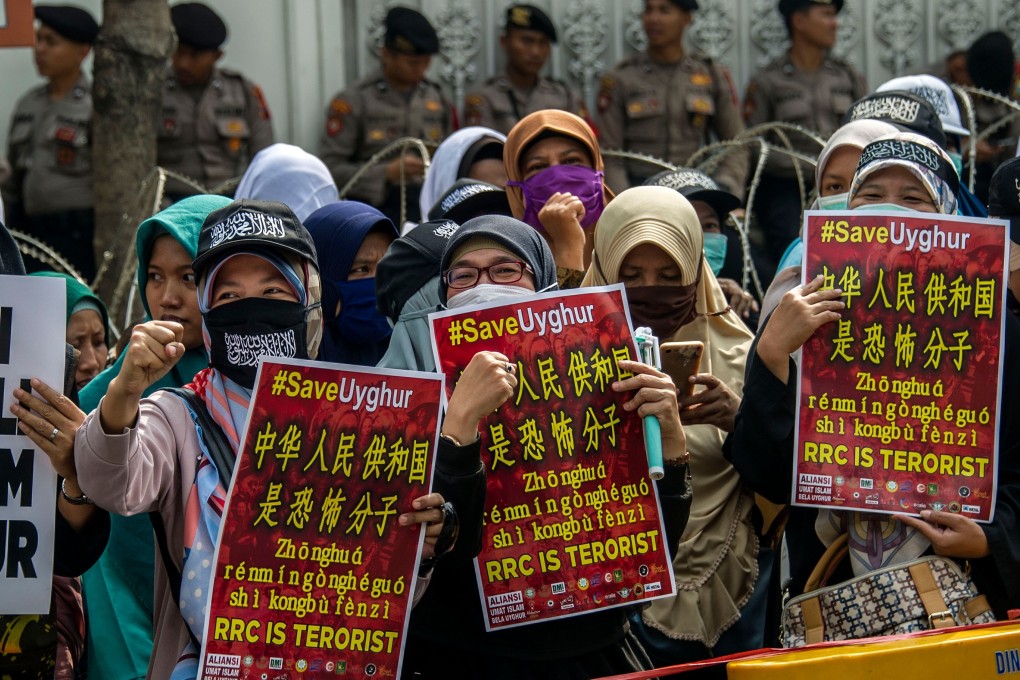Opinion | Why China is becoming a target of jihadist hatred, like the US
- As US influence fades and China rises, jihadists are seizing on Beijing’s suppression of Uygurs in Xinjiang, ‘imperialist’ belt and road ambitions, and plans to build more military bases in an effort to find a new villain to help justify their existence

In the last week of August, Indonesian authorities foiled a terrorist plot by Jemaah Islamiah, an al-Qaeda ally, to attack properties where ethnic Chinese Indonesians lived. The reason for the planned attack was supposedly the spread of communism by the ethnic Chinese communities, a narrative that turned out to be fake.
The concept of “far” and “near” enemies was posited by Egyptian ideologue Mohammed al Faraj, who argued that jihadist groups should focus on repressive regimes in their own countries, mostly in the Middle East, instead of attacking the US. He classified America as the “far enemy” for interfering in Middle East domestic policies and across the broader Muslim world, exploiting resources and creating conflict and strife, such as in Iraq and Afghanistan.

01:45
Indonesian and Malaysian Muslims protest in support of Uygurs in China
Many factors explain this. For one, like the US in the mid-20th century, China has become a powerful state engaged with different nations, sometimes in less-than-scrupulous ways.
